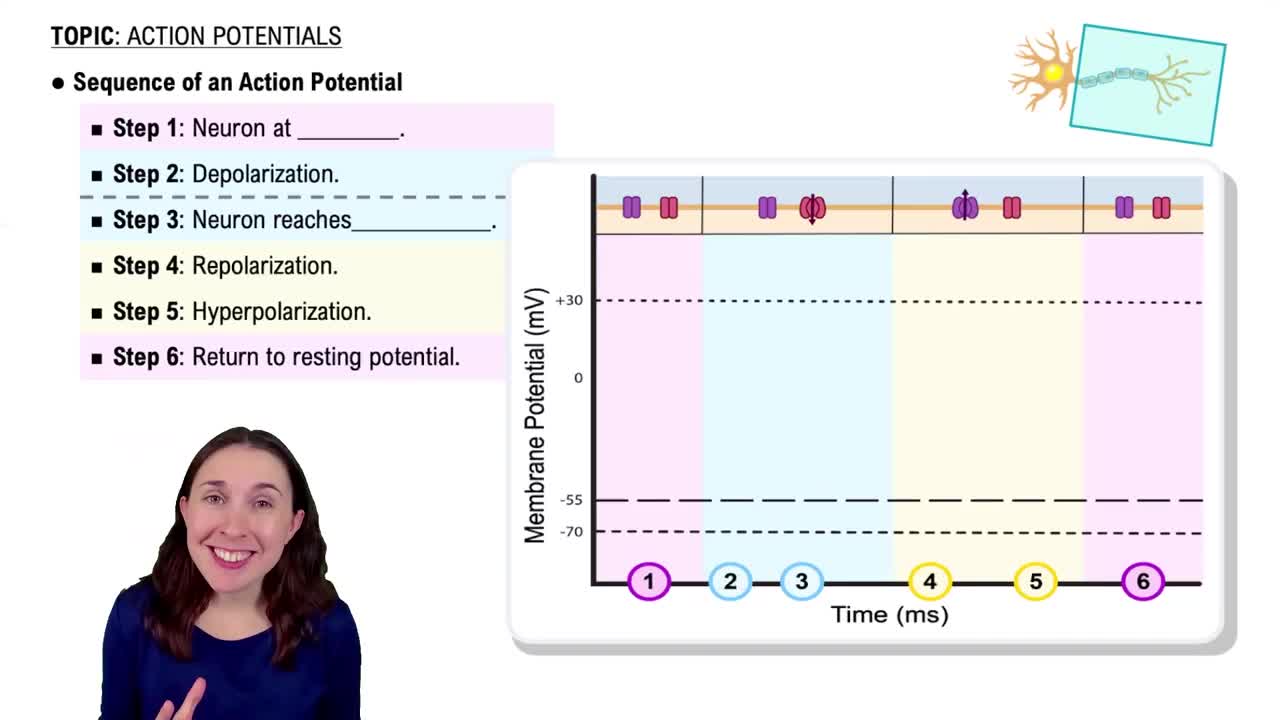Here are the essential concepts you must grasp in order to answer the question correctly.
Diuretics and Fluid Management
Diuretics are medications that promote the excretion of water and electrolytes through urine. They are commonly used to manage conditions like ascites by reducing fluid overload in the body. By increasing urine output, diuretics help to alleviate symptoms associated with fluid retention, such as swelling and discomfort.
Recommended video:
Mechanisms of Action of Diuretics
Diuretics can be classified into three main types: loop diuretics (e.g., furosemide), thiazide diuretics (e.g., hydrochlorothiazide), and potassium-sparing diuretics (e.g., spironolactone). Loop diuretics inhibit sodium and chloride reabsorption in the loop of Henle, thiazides act on the distal convoluted tubule to prevent sodium reabsorption, and potassium-sparing diuretics block aldosterone receptors, reducing sodium reabsorption while conserving potassium.
Recommended video:
Salt Restriction in Diet
A salt-restricted diet is crucial for patients with ascites, particularly in cases of liver disease like alcoholic hepatitis. Excess sodium intake can lead to fluid retention, worsening ascites and increasing the risk of complications. By limiting salt, the diet helps to manage fluid balance and reduce the workload on the liver, promoting better overall health outcomes.
Recommended video:
Introduction to Connective Tissue Proper Example 2
 Verified step by step guidance
Verified step by step guidance


